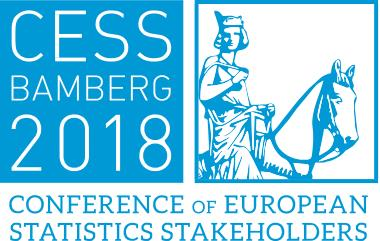In the aftermath of the global financial crisis micro data have gained considerably in importance. The amount of data being collected is constantly growing, as well as becoming increasingly varied. Parallel to this, statistical authorities are faced with a rising number of data providers. From this it follows that data literacy is becoming an increasingly important factor when working with data.
This presentation therefore aims to illustrate the path towards enhancing the usability of growing data worlds. A key task here is to connect and integrate the data from these different worlds. This implies a substantial need for the standardisation and harmonisation of data. Standardisation refers to the formal and technical aspects, which are understood to mean an order system and the use of a uniform language to describe the data. Harmonisation, on the other hand, refers to semantic considerations, i.e. linking data content in terms of using the same concepts and identifiers to classify the data.
The ISO standard SDMX can provide a suitable framework for data integration as it is used as a well-functioning information model for data. The Bundesbank has been using SDMX as the basis for its central statistics infrastructure since 2003. Our presentation will therefore outline the challenges of and successful approaches to data integration with a focus on statistical standards, drawing on the Bundesbank’s experience.
